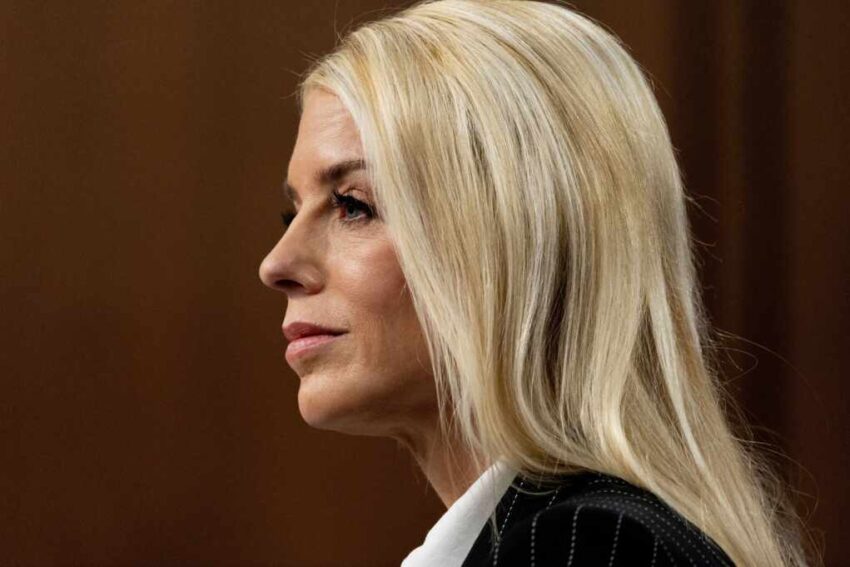A sweeping directive from U.S. Attorney General Pam Bondi threatens to override state climate and ethics laws, igniting a constitutional showdown that could redefine federal-state power.
At a Glance
- Bondi issued an August 2025 order overriding state climate and ethics mandates
- D.C. Attorney General Brian Schwalb declared the directive unlawful and urged noncompliance
- Legal scholars view the order as part of a wider push for federal supremacy
- California and New York warn of disruptions to state climate enforcement
- Senate and ethics inquiries launched into the directive’s legality
Federal Intervention Challenges States
In August 2025, Attorney General Pam Bondi issued what is now called the “Bondi Order,” directing federal attorneys and agencies to disregard state-level mandates on climate regulation and professional conduct. D.C. Attorney General Brian Schwalb immediately rejected the move, declaring it unlawful and urging federal employees to avoid compliance.
Watch now: Bondi’s Order Sparks State Resistance · YouTube
Constitutional experts argue that the directive reflects a broader federal push to assert supremacy in areas long managed by states. Erwin Chemerinsky, dean of UC Berkeley School of Law, told NPR that the order risks upsetting the balance of federalism by stripping states of authority in environmental policy and legal ethics.
Opposition and Political Fallout
The order quickly sparked public opposition, particularly in states with strong climate and ethics standards. California Attorney General Rob Bonta warned that undermining state mandates would jeopardize ongoing enforcement actions against polluters. New York officials issued similar statements, framing the directive as a direct threat to state sovereignty.
The political clash extends beyond state governments. Senate Democrats, led by Sen. Sheldon Whitehouse, filed an ethics complaint alleging violations of professional conduct rules. Meanwhile, advocacy groups within the civil rights and environmental communities have mobilized campaigns calling for the directive to be rescinded.
Legal and Market Ripples
The implications of the Bondi Order reach well beyond courtroom disputes. Carbon credit markets reacted with volatility in the days following its announcement, as traders assessed the possibility of weakened state enforcement. Some markets rebounded after legal experts predicted potential injunctions against the directive, but uncertainty remains.
Legal professionals now face conflicting obligations: whether to follow federal instructions or uphold stricter state-level ethics codes. Richard Hasen of UCLA’s School of Law noted that this conflict could destabilize professional standards, creating risks for lawyers caught between jurisdictions.
The Road Ahead
The controversy has prompted ongoing investigations, including a Senate Judiciary Committee review into the legality of the Bondi directive. Critics argue that if left unchecked, the order could set a precedent for federal intervention in areas traditionally reserved for states, from climate enforcement to legal ethics.
For now, the Bondi Order underscores the growing strain between Washington and state governments, with legal experts warning that the dispute could reshape the future of American federalism.
Sources
Civil Rights Community Bondi Opposition
Carbon Markets Rebound After Bondi Fails to Report on State Programs
Click this link for the original source of this article.
Author: Editor
This content is courtesy of, and owned and copyrighted by, https://thecongressionalinsider.com and its author. This content is made available by use of the public RSS feed offered by the host site and is used for educational purposes only. If you are the author or represent the host site and would like this content removed now and in the future, please contact USSANews.com using the email address in the Contact page found in the website menu.








